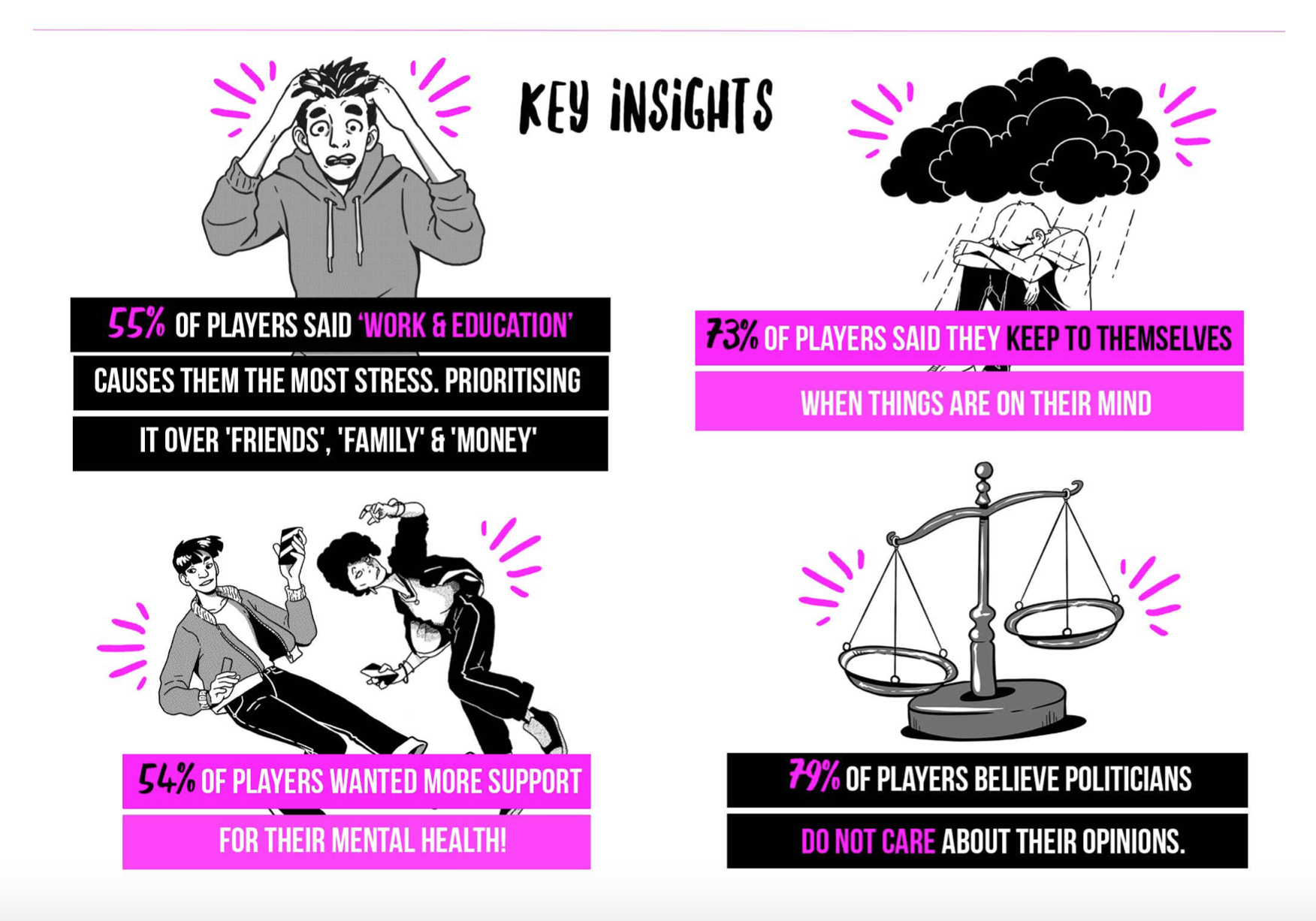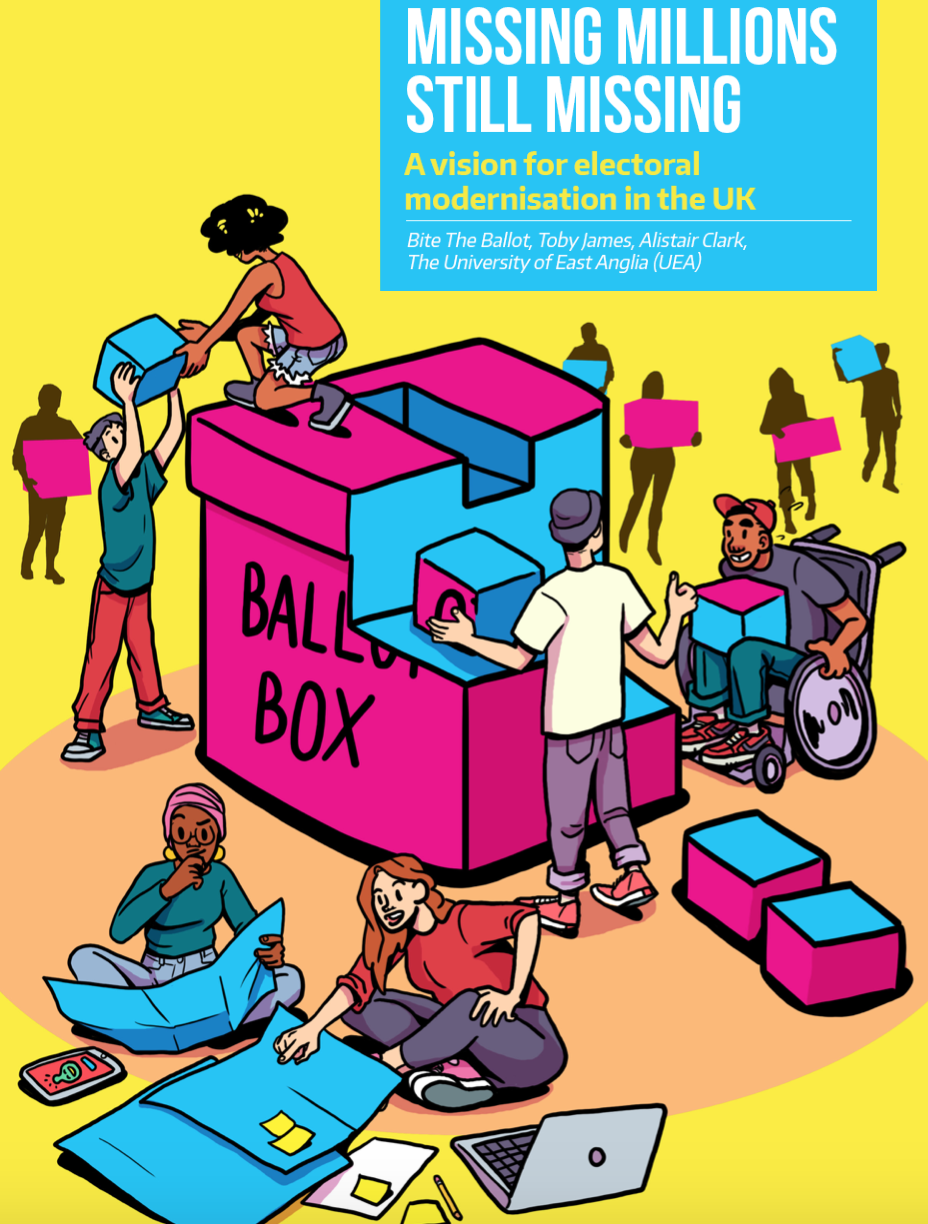Playing improves the immune systems of children, and enlightens the big systems of adults. So get started!
Photo by Ben McLeod on Unsplash
One of the truisms of scholarship around play in mammals is that when things are starting to go well for a community, rising above sheer survival and self-protection, that’s when play begins (or restarts).
It’s an indicator of the reality of social flourishing. We feel robust and secure enough to waste energy (in an evolutionary sense) on exploring, simulating, mimicking, mucking around. (See the amazing Flying Seagull Project and their clown-work in migrant camps).
By doing so, we mammals recall the joy of learning, of searching for new experiences. And one by-product of that joy is an appetite for coming up with new ideas, to explore new niches for livability (if the circumstances demand it). Play is fun—but in terms of how it helps us function and thrive, it’s far from trivial.
One of our crew at A/UK has made play his life’s inquiry. And so he was delighted to see these two items pop up in his radar, which speak to the direct benefits of play for the young, as well as for adults.
Autoimmune diseases are rising -but research finds greener play areas boost children’s immune systems
From the Guardian:
The research is published in the journal Science Advances and was conducted by a large team including experts in medicine, ecology and urban planning. The children were between three and five years old and spread between 10 similar daycare centres.
In four centres, turf from natural forest floors, complete with dwarf shrubs, blueberries, crowberry, and mosses, were installed in previously bare play areas. The children spent an average of 90 minutes a day outside and were encouraged to play with the plants and soil. “It was easy because [the green area] was the most exciting place in the yard,” said Sinkkonen. The cost for each green yard was around €5,000, less than the annual maintenance budgets for the yards.
Tests after 28 days showed the diversity of microbes on the children’s skin was a third higher than for those still playing in gravel yards and was significantly increased in the gut. Blood samples showed beneficial changes to a range of proteins and cells related to the immune system, including anti-inflammatory cytokine and regulatory T cells.
The researchers gave all the children the same meals each day and excluded the small number who had been given probiotic supplements by their parents. The scientists could not control the home environment but said the fact that a significant effect was seen despite variable home conditions shows the effect of the forest intervention was strong.
The researchers are also investigating whether sand pits can be inoculated with diverse microbes to boost the immune system of children in places where forest soil and plants are not available.
Prof Glenn Gibson, at the University of Reading, in the UK, and a board member of the International Scientific Association for Probiotics and Prebiotics, said: “This is an interesting study and potentially important but I do not agree that diversity is the key marker for gut health. High functionality can occur with low diversity. For instance, look at a virus that sweeps the world. Having said that, the researchers have assessed certain health biomarkers and not relied solely upon diversity as an indicator, so it is good study.”
A report in 2019 by the UK’s Royal Society for Public Health concluded that grubbing around outside is important for building a robust immune system, but that cleanliness is still vital when people are preparing and eating food.
“For children aged 1 - 99”: PlayVerto
For adults, playful experiences can open up new lines of thinking, and get unusual constituencies involved in a project or cause. We were alerted to the work of PlayVerto this week. From their blurb:
Play Verto is a holistic, fun way for children 0 to 99 to connect and to learn, to share opinions, inspire ideas and collectively build solutions on the issues they care about.
At Play Verto we know that when you play, your superpowers come to life: your mind is free to explore an issue, wonder about the possible solutions and invent new ones, being truly creative!
The experiences we craft encourage you to:
learn through play - like children
enquire like philosophers
experiment like scientists
think with the mind and with the heart.
Through fun and personalised offline and online experiences we promote everyone’s ability to feel and be represented. The digital generation trusts us with their opinions about the hardest challenges of the 21st Century and we help them develop the knowledge and the skills, values and ethics for tackling them.
With the data we gather, we build insights and weave global partnerships for inclusive decision making and systems change.
More here. Below are two examples (the report is behind a click on each picture) of how their mix of methods - including digital sharing, Lego-making and group creativity - helped UK politicians, political reform groups and academics assess young adults attitudes to politics and power:
More here.




